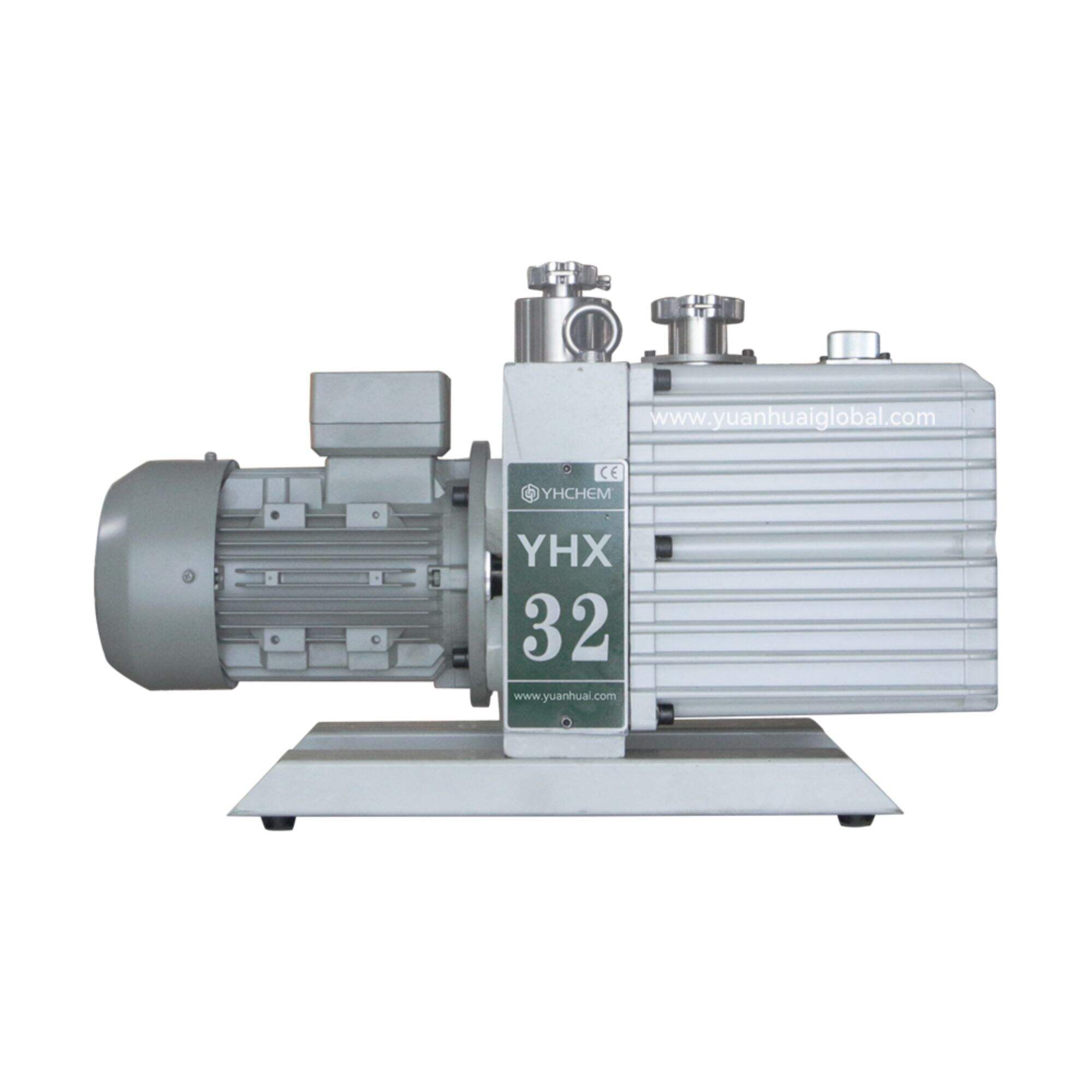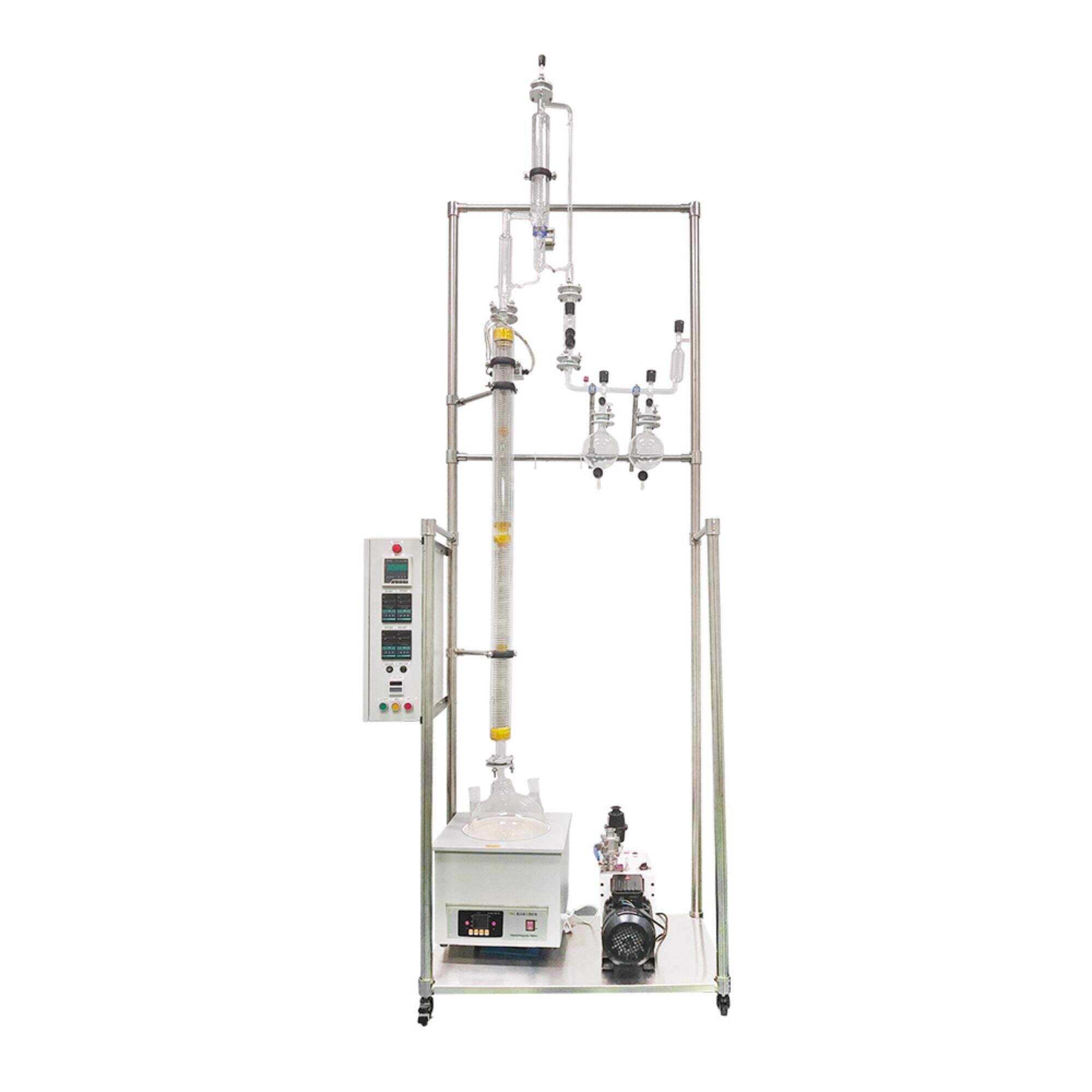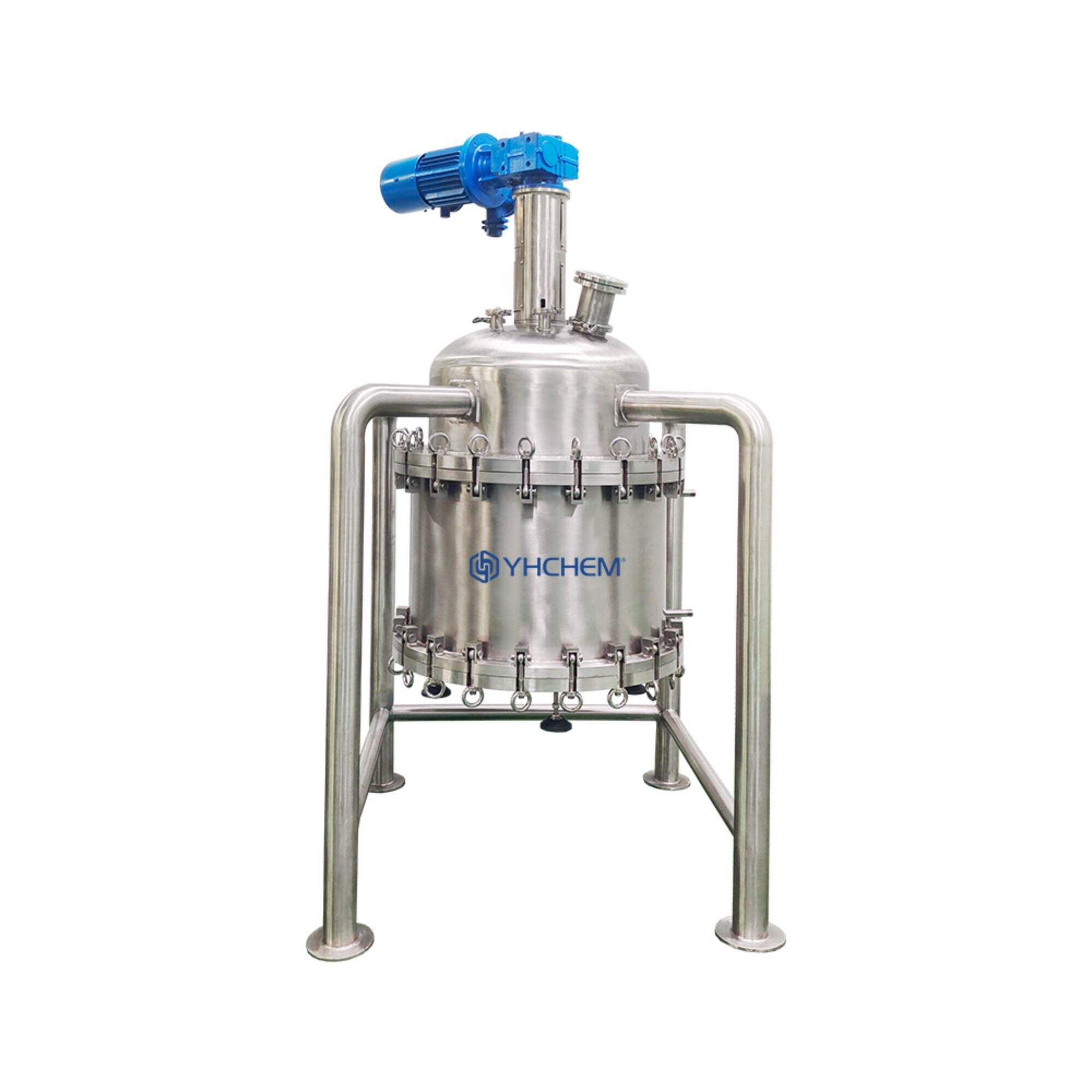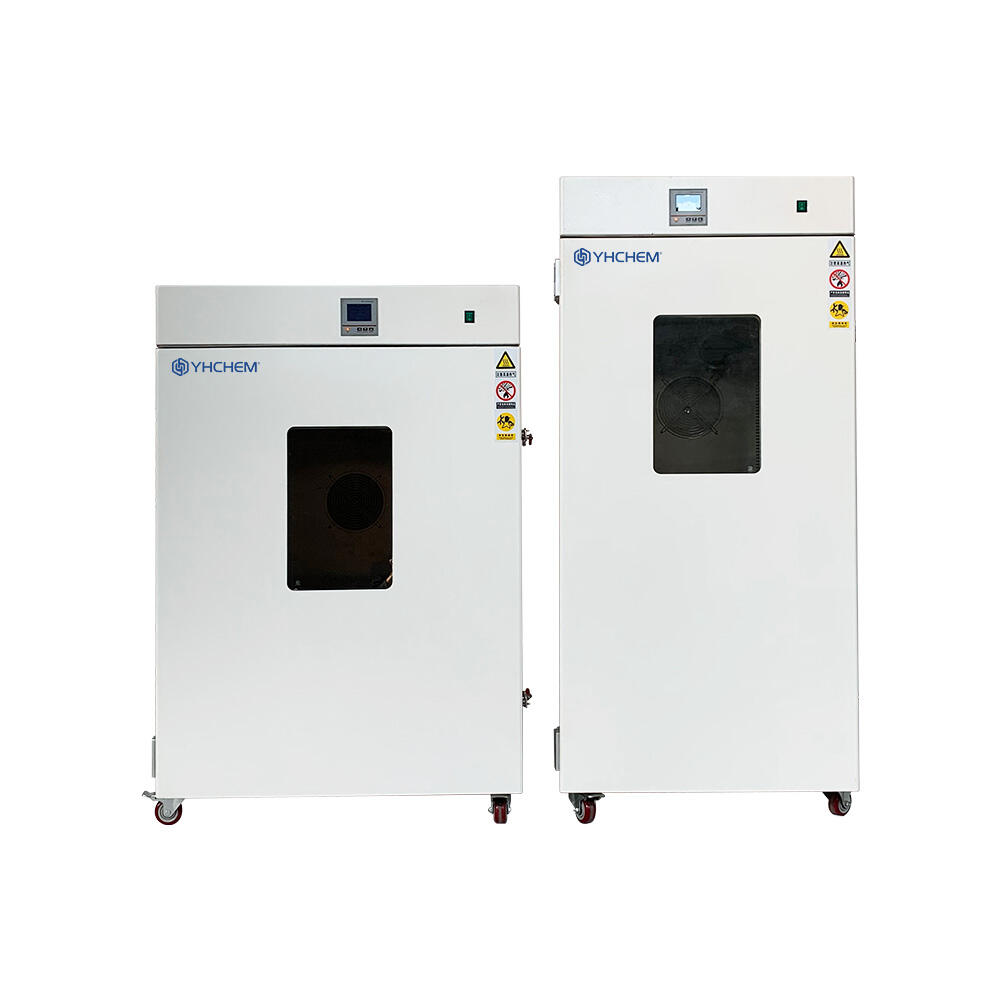- PRODUCT DETAILS
- RELATED PRODUCTS
PRODUCT DETAILS
Overview
It is mainly made of SUS304/316L stainless steel, featuring high strength and resistance to high-pressure sterilization. The capacity ranges from 50L to several cubic meters.It is suitable for the expansion and cultivation of microbial strains, pharmaceutical intermediates, food additives, enzyme preparations, raw materials, etc. Compared with glass products, it is more suitable for large-scale fermentation (such as antibiotic and vaccine production) and high-density cultivation. It can be made into a larger volume, has better pressure and temperature resistance, is universal for water, electricity and gas pipelines, and can be expanded with more functions. It can meet cGMP standards.
Advantages
● High strength and industrial grade design
Made of SUS304/316L stainless steel, it is resistant to high-pressure sterilization (SIP) and strong acid and strong alkali environments, meeting GMP production standards.
The tank body is mirror-polished and equipped with an integrated CIP online cleaning system to reduce the risk of contamination.
● Support multi-link parallel design
Multiple sets of parameter comparison tests can be conducted simultaneously, shortening the process development cycle
● Various types of stirring paddles
Microbial or cell cultures adapted to different shear force requirements
● The mechanical stirring (top-mounted /) is suitable for a wide speed range of 20-1000rpm, and the shearing force is controllable.
The data management system stores over 1,000 batches of fermentation parameters and supports process traceability and optimization analysis.
● A variety of customized services
multi-parameter online monitoring, feed weighing, glucose/lactic acid online analyzer, Biomass online prediction, exhaust gas O2/CO2 online detection, (ethyl) alcohol content online detection, buglab cell concentration monitor, biomass module, etc
● Integrate temperature, pH, dissolved oxygen sensors and PID algorithm
The dissolved oxygen regulation range is 0-200%
● Support strategies such as pH-DO joint control feeding and index feeding
Optimize the efficiency of metabolite synthesis
● Parallelism software design
Before the Experiment: DOE (Design of Experiment)
In the experiment: Parallel control of the main software and remote monitoring software
After the experiment: Data management and processing software (QBD-oriented)
Application field
Dairy products, beverages, bioengineering, pharmaceuticals, fine chemicals, scientific research and educational institutions
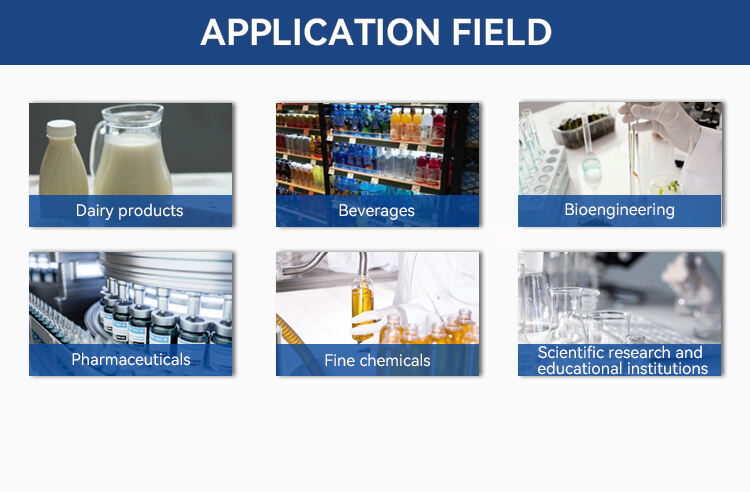
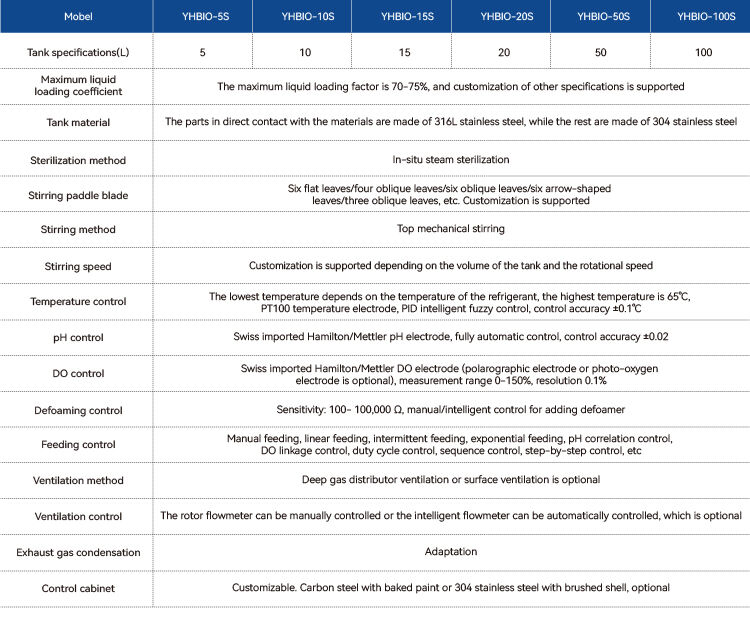

 EN
EN
 AR
AR
 BG
BG
 HR
HR
 DA
DA
 NL
NL
 FI
FI
 FR
FR
 DE
DE
 EL
EL
 HI
HI
 IT
IT
 JA
JA
 KO
KO
 NO
NO
 PL
PL
 PT
PT
 RO
RO
 RU
RU
 ES
ES
 SV
SV
 TL
TL
 ID
ID
 SR
SR
 UK
UK
 HU
HU
 TH
TH
 TR
TR
 GA
GA
 BE
BE
 BN
BN





